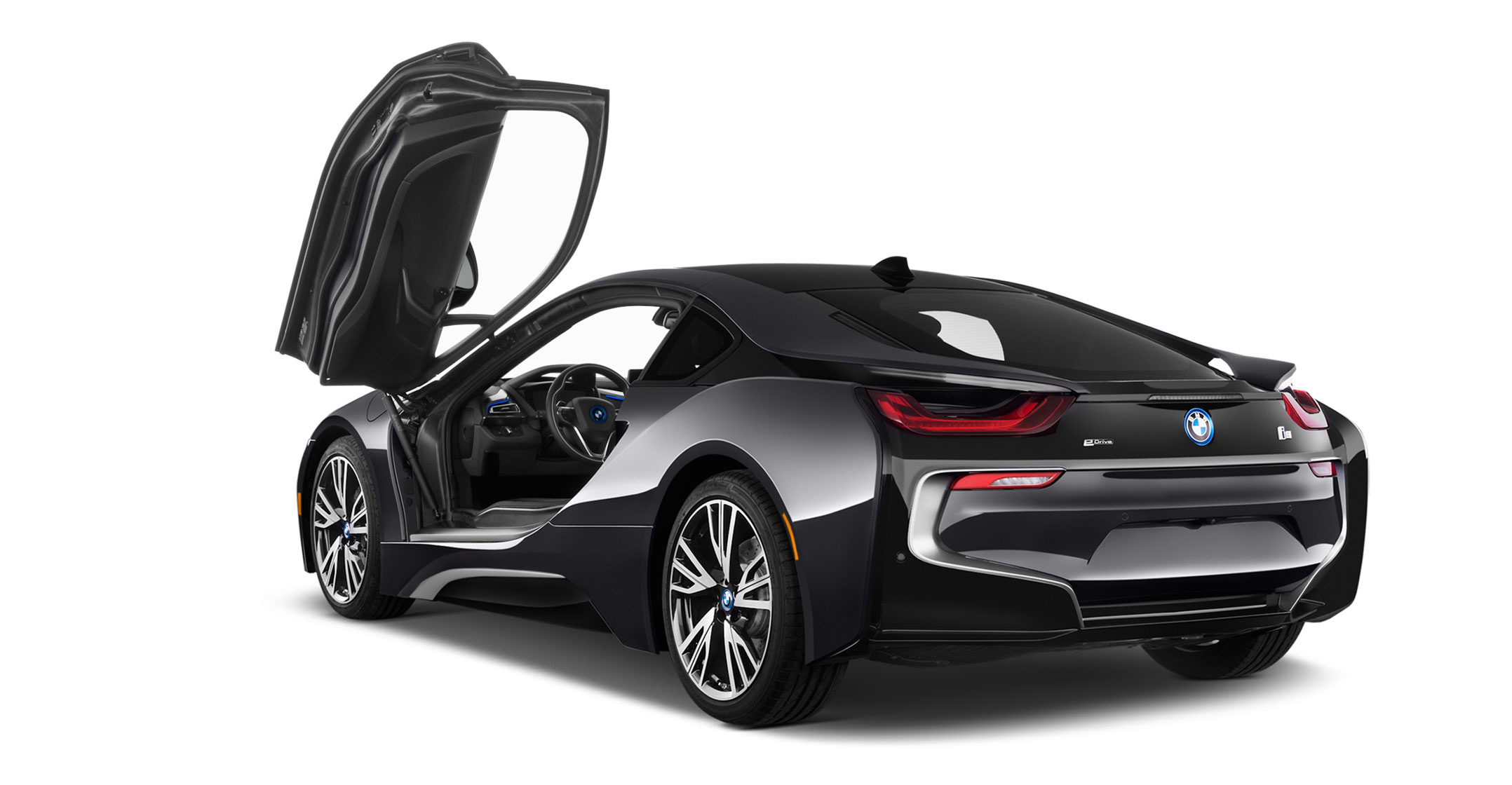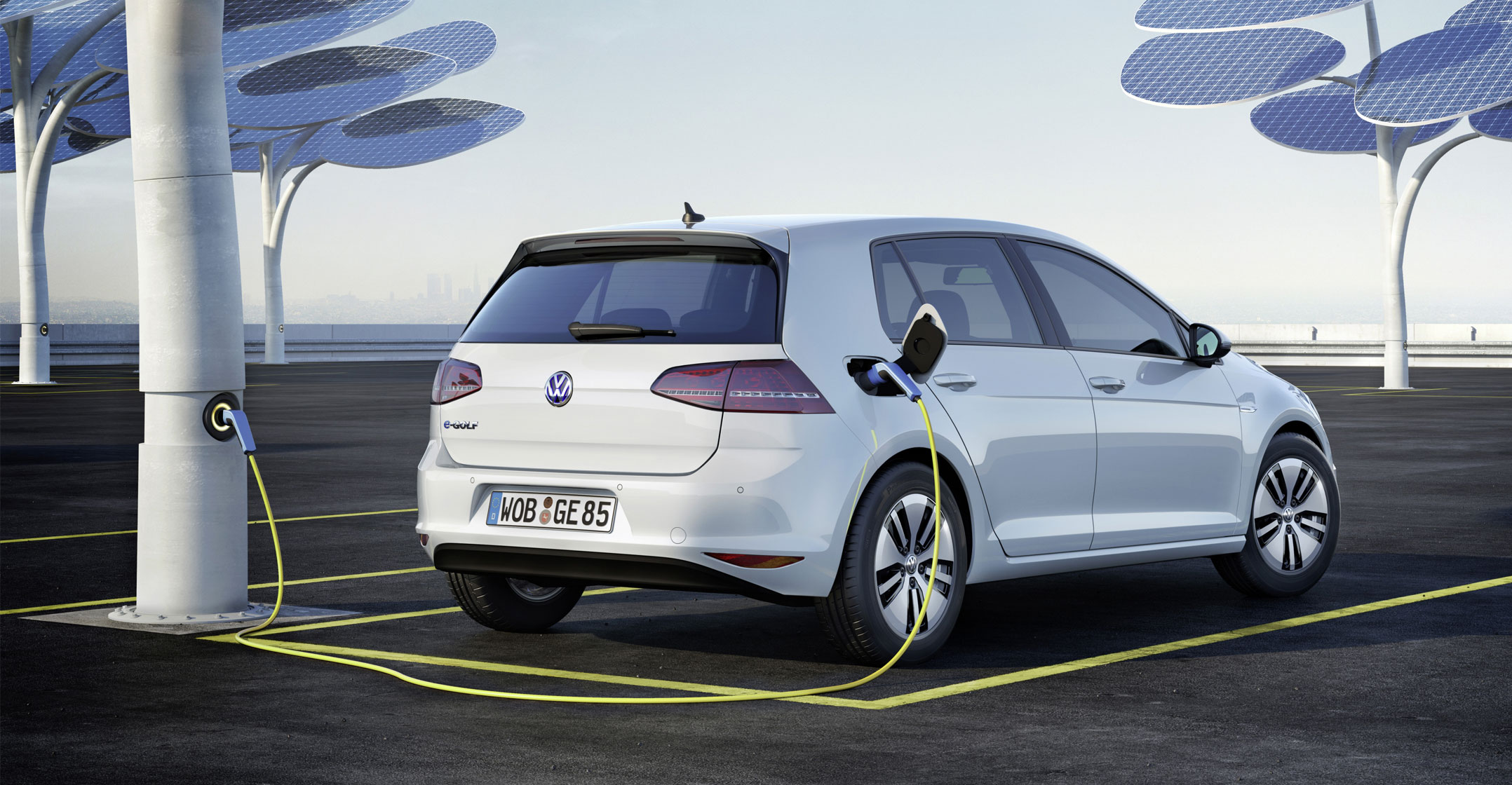
Germany is at a crossroads, and nowhere will that be more evident than at the Frankfurt auto show this week.
Despite sleek new electric models like the Porsche Taycan, the traditional showcase of German automotive excellence risks becoming a platform for protest rather than preening, drawing attention to a generation of young consumers more likely to demonstrate against the car’s role in global warming than shop for a new VW, BMW or Mercedes-Benz.
Cars have made Germany into a global manufacturing powerhouse, but pollution concerns — intensified by Volkswagen’s 2015 diesel-cheating scandal — have sullied the reputation of a product that once embodied individual freedom. More recently, trade woes and slowing economies have hit demand. The consequence is Germany’s car production slumping to the lowest level since at least 2010.
“Investors have been fearful about the industry’s prospects for a number of years, and the list of things to worry about doesn’t seem to be getting shorter,” said Max Warburton, a London-based analyst with Sanford C Bernstein. “There is a general sense that things are about to get worse.”
The end of the combustion-engine era and car buyers more interested in data connectivity than horsepower threaten Germany’s spot at the top of the automotive pecking order. Signs of trouble abound. In addition to numerous profit warnings this year, Mercedes maker Daimler delayed a plan to expand capacity at a Hungarian factory, parts giant Continental has started talks to cut jobs, and automotive supplier Eisenmann filed for insolvency.
The car’s fragile standing was evident in the reaction to a deadly accident in Berlin on Friday evening when a Porsche SUV crashed into a group of pedestrians. Stephan von Dassel, the mayor of the district where the incident took place, said on Twitter that “such tank-like vehicles” should be banned in the city.
Teetering
Germany is teetering on the brink of recession, and the auto industry is pivotal to the economy’s health. Car makers such as Volkswagen, Daimler and BMW as well as parts suppliers like Robert Bosch and Continental employ about 830 000 people in the country and support everything from machine makers to advertising agencies and cleaning services. With factories from Portugal to Poland, the importance of the sector radiates across Europe as well.
With emissions regulations set to tighten starting next year, concerns are mounting that companies across the country’s industrial landscape are ill-equipped to deal with the technology transition resulting from climate change and increasing levels of digitalisation. IG Metall organised a demonstration in June, with more than 50 000 people rallying in Berlin, to draw attention to the risk of widespread layoffs from what Germany’s biggest industrial union calls “the transformation”.
Far too many companies stick their heads in the sand and rest on their laurels,” IG Metall chairman Joerg Hofmann said. “If companies continue to act so defensively, they’re playing roulette with the futures of their workers.”
 The concern is that the future of Germany’s car towns could look something like Ruesselsheim. The home of the Opel brand, which once rivaled VW as the German leader, has faded along with the car maker’s performance. After years of losses, it was sold in 2017 by General Motors to France’s PSA Group, which is slashing Opel’s 20 000-strong German workforce by nearly a fifth.
The concern is that the future of Germany’s car towns could look something like Ruesselsheim. The home of the Opel brand, which once rivaled VW as the German leader, has faded along with the car maker’s performance. After years of losses, it was sold in 2017 by General Motors to France’s PSA Group, which is slashing Opel’s 20 000-strong German workforce by nearly a fifth.
“Everybody in Ruesselsheim is worried,” said Servet Ibrahimoglu, owner of a kebab restaurant down the street from Opel’s factory, adding that his business has dropped by a third. “Before at lunchtime, this place was full. Now there’s no one.”
The auto industry’s efforts to adapt to the risks will be on display in Frankfurt, and the stakes couldn’t be higher for models like the VW ID.3. The battery-powered hatchback is the auto giant’s first effort in an aggressive push into electric cars, which will make its debut at the Germany’s premier auto exhibition.
Under bright lights and blaring music, the show is a throwback to the auto industry’s glory days, but it’s fading as public interest in old-school car shows wanes. Toyota, Volvo and Ferrari are among the 30 brands skipping the show. For those still there, the displays will predominantly feature traditional gas guzzlers and other cash cows. Land Rover will unveil a resurrected version of the Defender, the British brand’s iconic offroader.
“Instead of presenting new mobility concepts for the future, we’ll see lots of SUVs on stands that have become few and far between,” said Ferdinand Dudenhoeffer, director of the University of Duisburg-Essen’s Centre for Automotive Research. “The recession in the global auto business is forcing savings cuts for car manufacturers and suppliers, along with a rapid loss of attractiveness of the classic ‘analogue’ car shows.”
Make-or-break moment
Where German brands once tried to outdo one another with outlandish displays like indoor tracks and multistory exhibition spaces, the main drama may take place outside Frankfurt’s sprawling fairgrounds. Greenpeace and Germany’s Bund have called for a mass march on the site on Saturday, joined by groups of cyclists setting off from around Frankfurt to underscore their call for the end of the combustion engine.
Despite doubts from environmentalists, automakers have got the message that they’re facing a make-or-break moment. The industry is spending billions of euros to develop cleaner vehicles and counter the emergence of ride-sharing services like Uber Technologies, which has a market value equivalent to Daimler, the inventor of the automobile.
“I’m absolutely convinced that car makers will adapt to the situation,” BMW’s labour head Manfred Schoch said during a testy panel discussion with activists in Berlin last week. “Those that don’t will go out of business.” — Reported by Christoph Rauwald, Carolynn Look and Elisabeth Behrmann, with assistance from Kristie Pladson and Andrew Blackman, (c) 2019 Bloomberg LP

